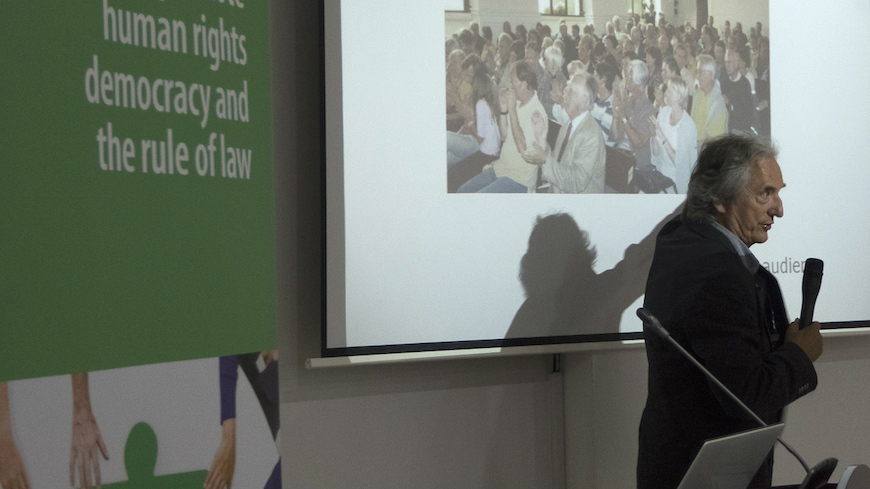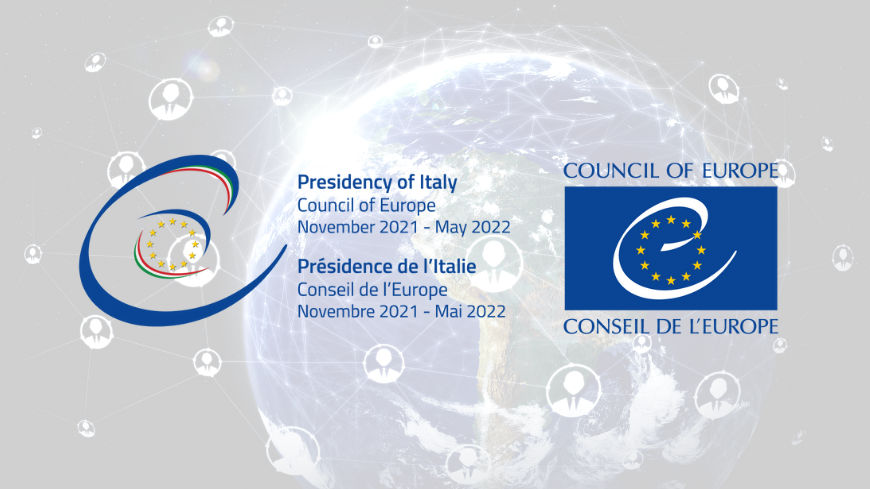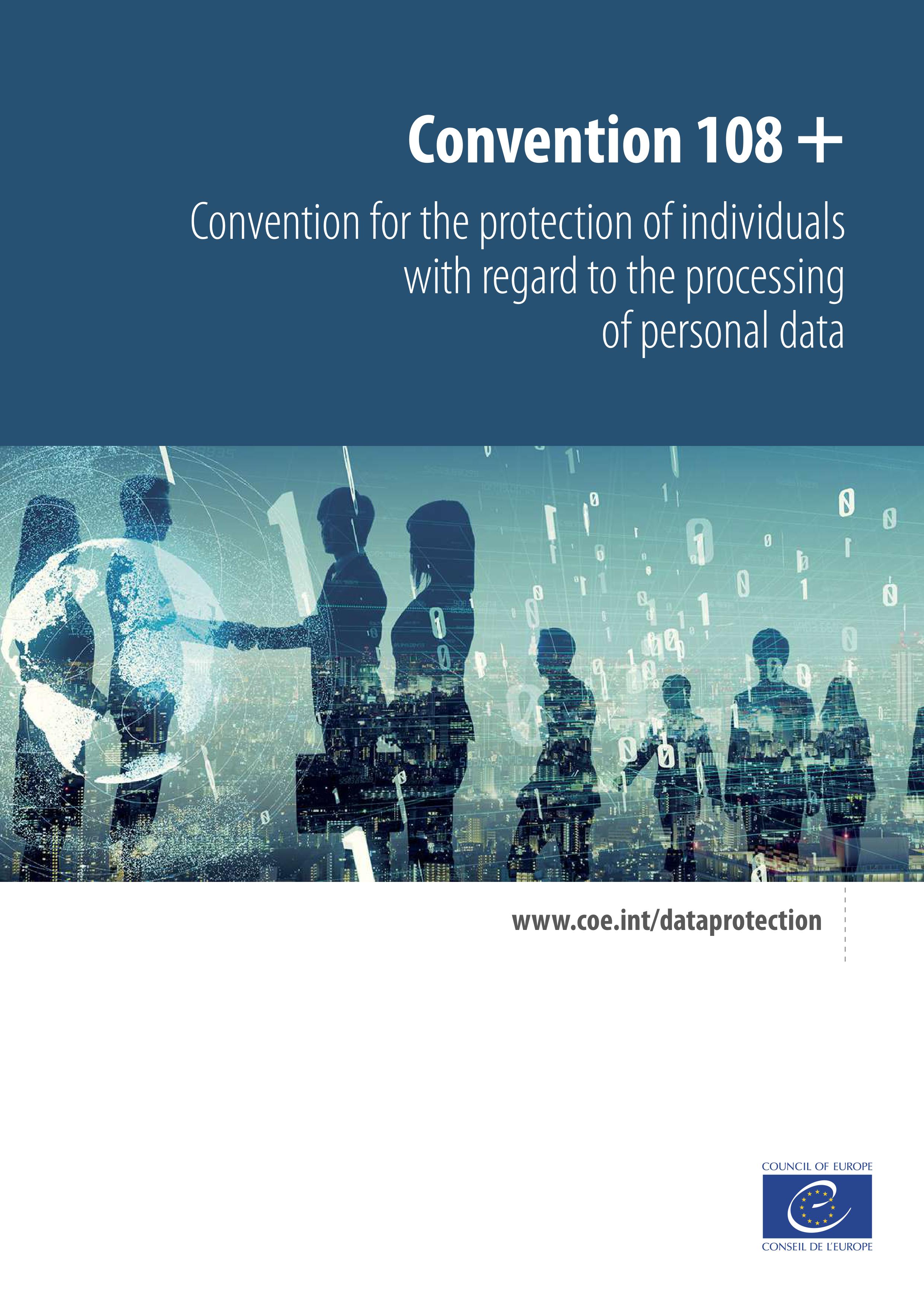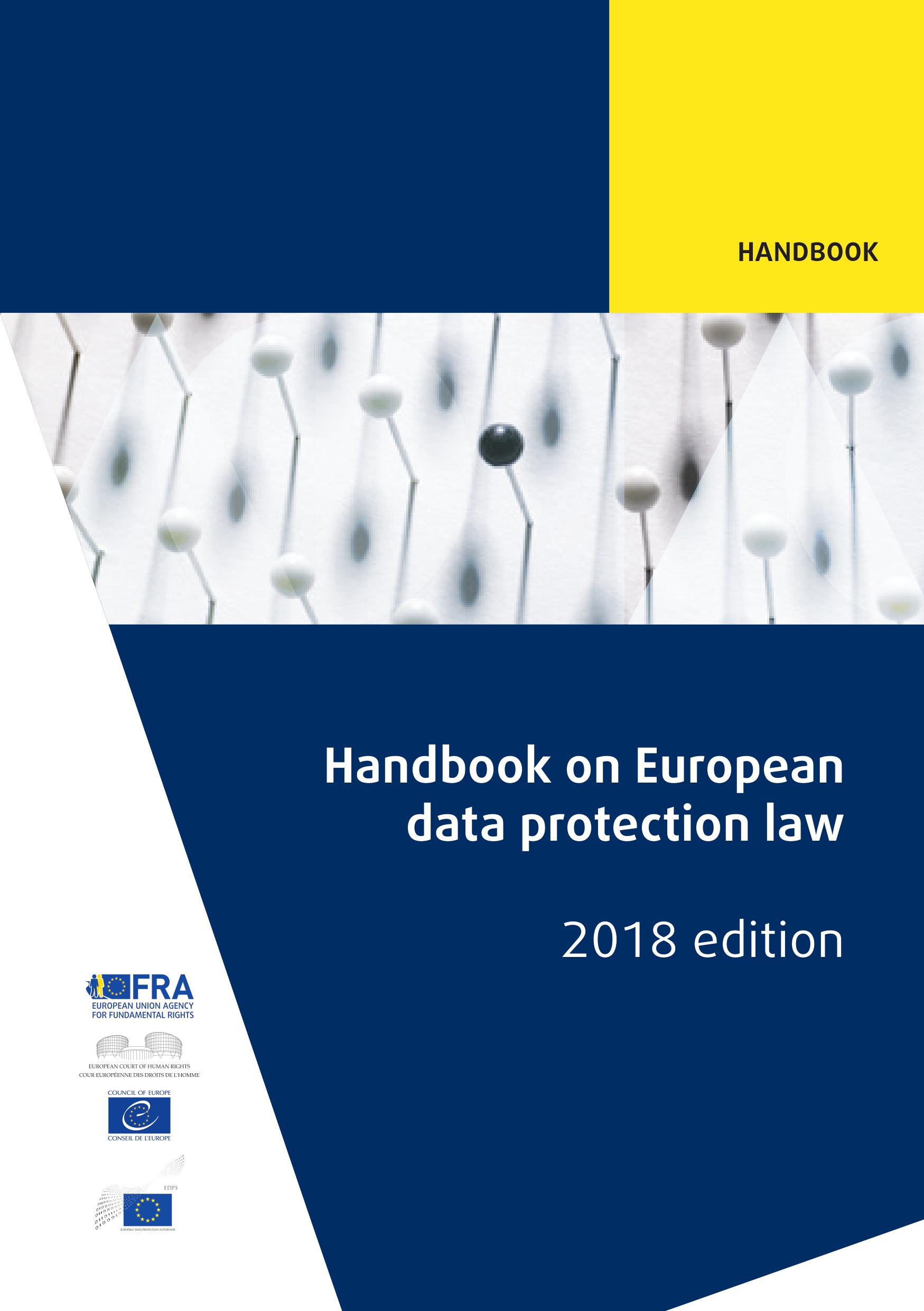Over 20 journalists and media professionals attended a training seminar on Privacy and Media Coverage on 8 and 9 July in Kakheti region (Georgia). After a presentation of the international and the national legal frameworks on privacy and data protection, concrete case examples prepared by Council of Europe experts gave participants the opportunity for very active debates on privacy issues in relation with their work practice. Discussions focused on striking a balance between freedom of expression and privacy in various situations journalists are confronted with: use of pictures, private information to be or not published, investigative journalism, controversial techniques (e.g. hidden cameras, drones, disguised identity,…). The experts assisted participants in finding best practices, mostly on the basis of case laws from the European Court of Human Rights and other examples.
Participants concluded the two days expressing general appreciation for a positive and very instructive seminar that “helped them casting a new look on their everyday work practice”.
The seminar was conducted by Bertil Cottier (professor in Communications Laws at the Universita della Svizzera Italiana), Marie Georges (expert in human rights, data protection and ICT), Tamar Kintsurashvili (Media Development Foundation, Georgia) and Olivier Matter (Solicitor, specialised in privacy and data protection). It was organised by the Council of Europe within the framework of the component “Enhance the right to data protection” of the CoE/EU joint project Partnership for Good Governance (PGG) and in co-operation with the Office of the Georgian Data Protection Inspector. Representatives of the five other countries of the programme (Armenia, Azerbaijan, Moldova, Ukraine and Belarus) were also present.








